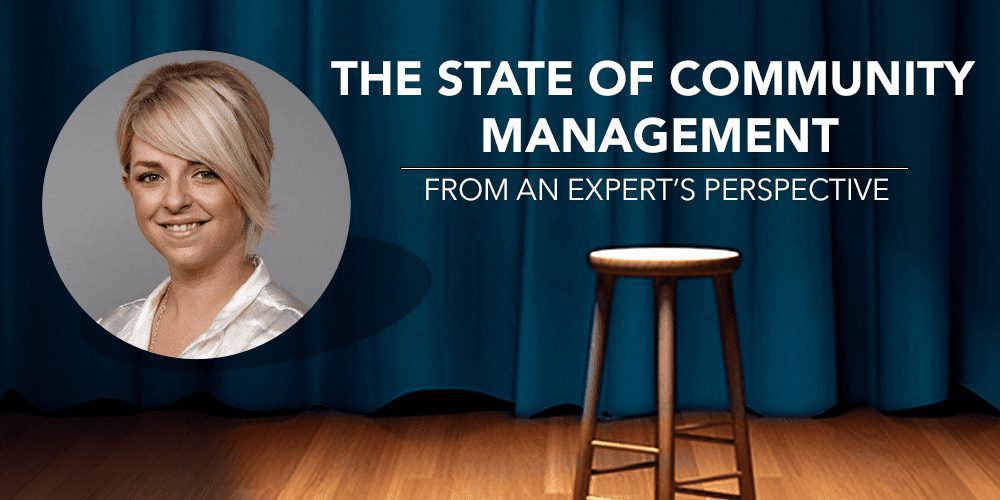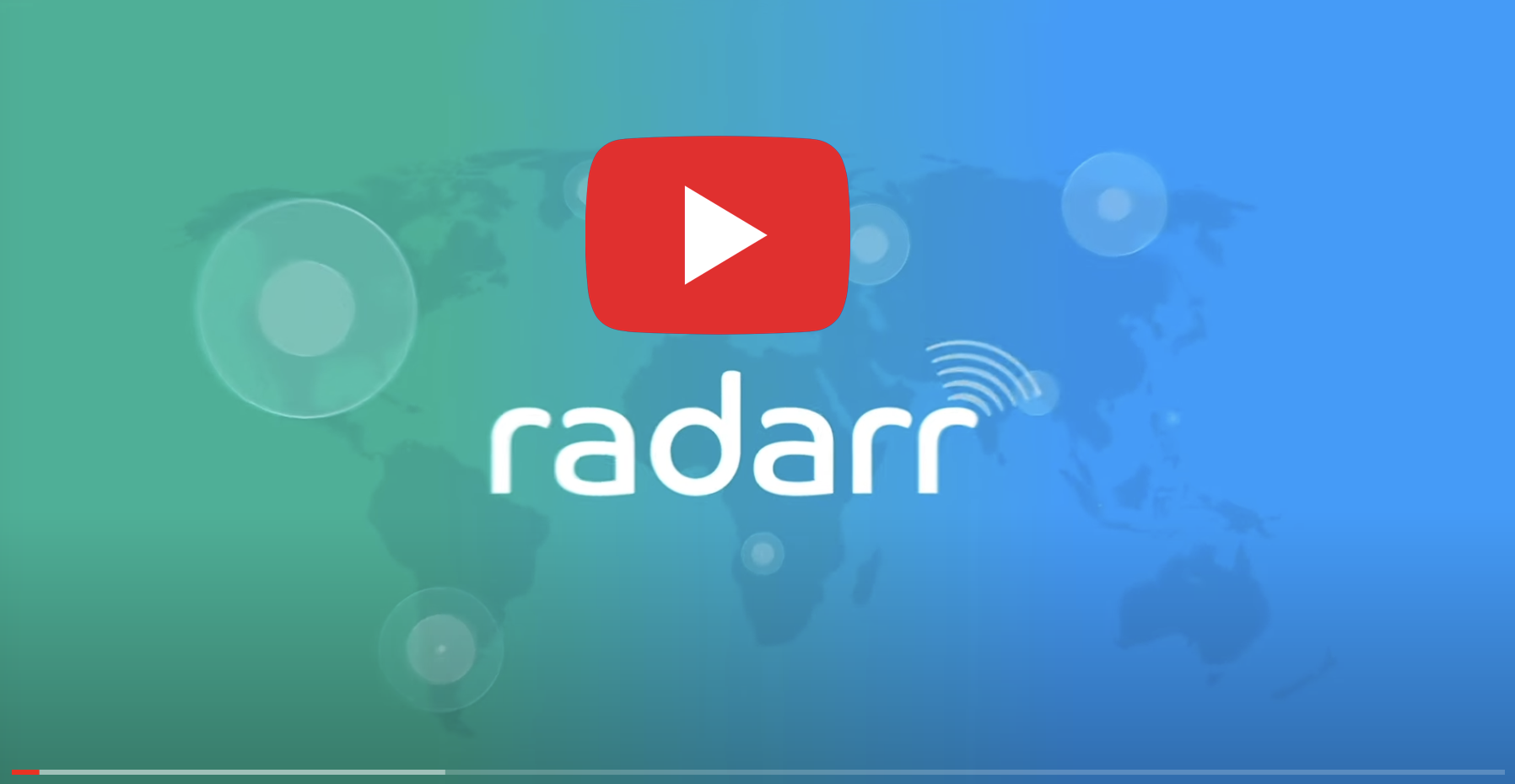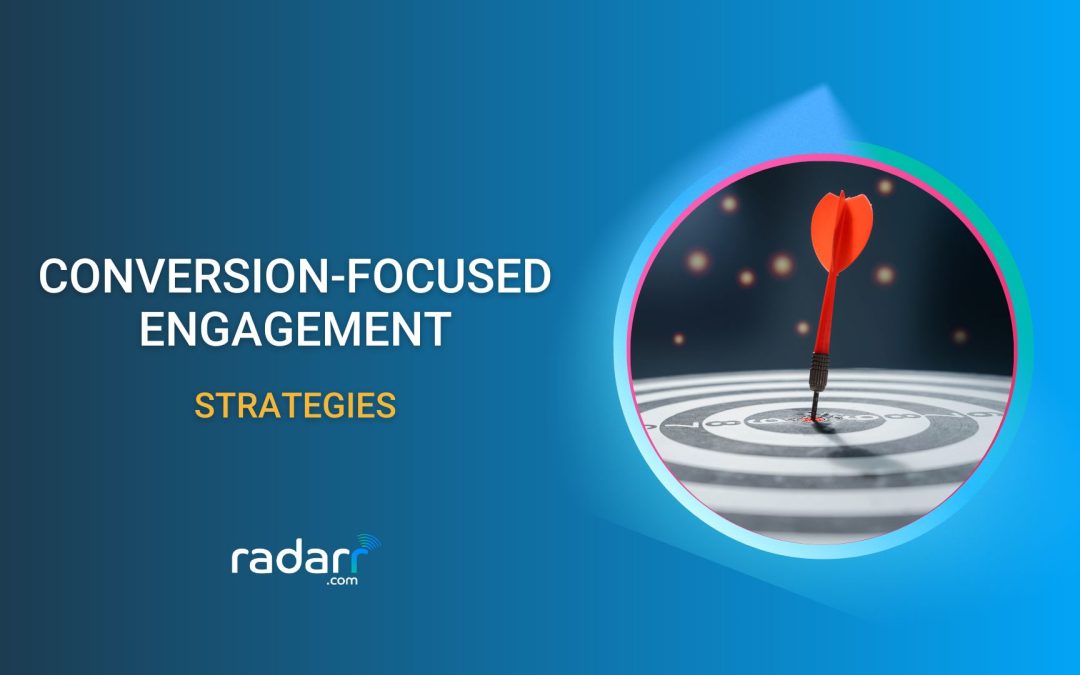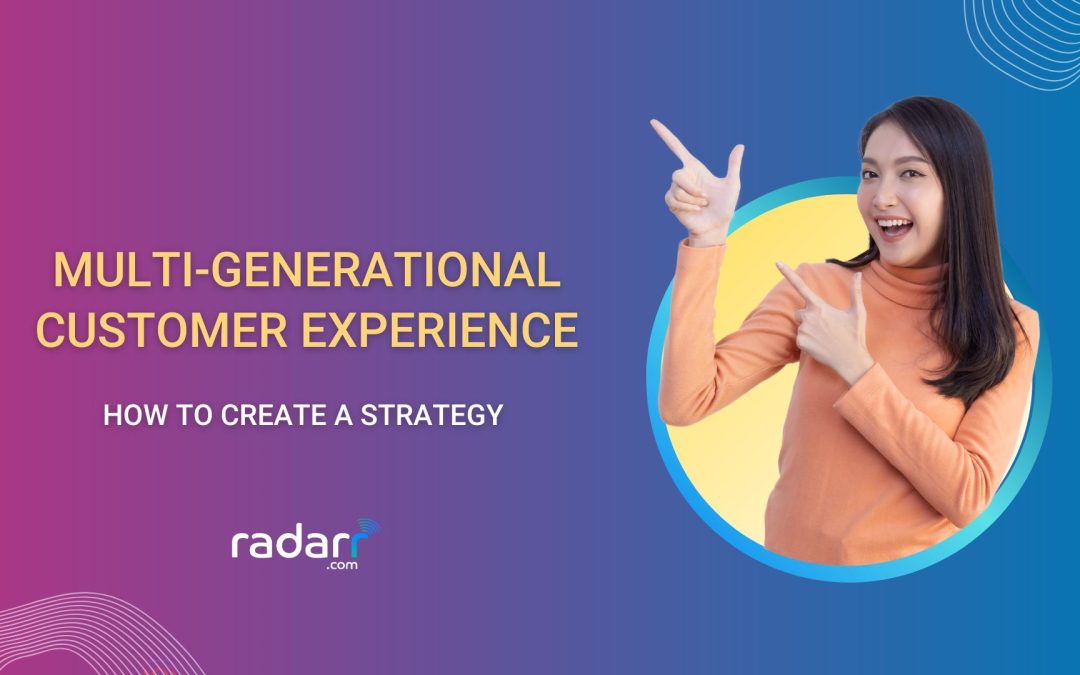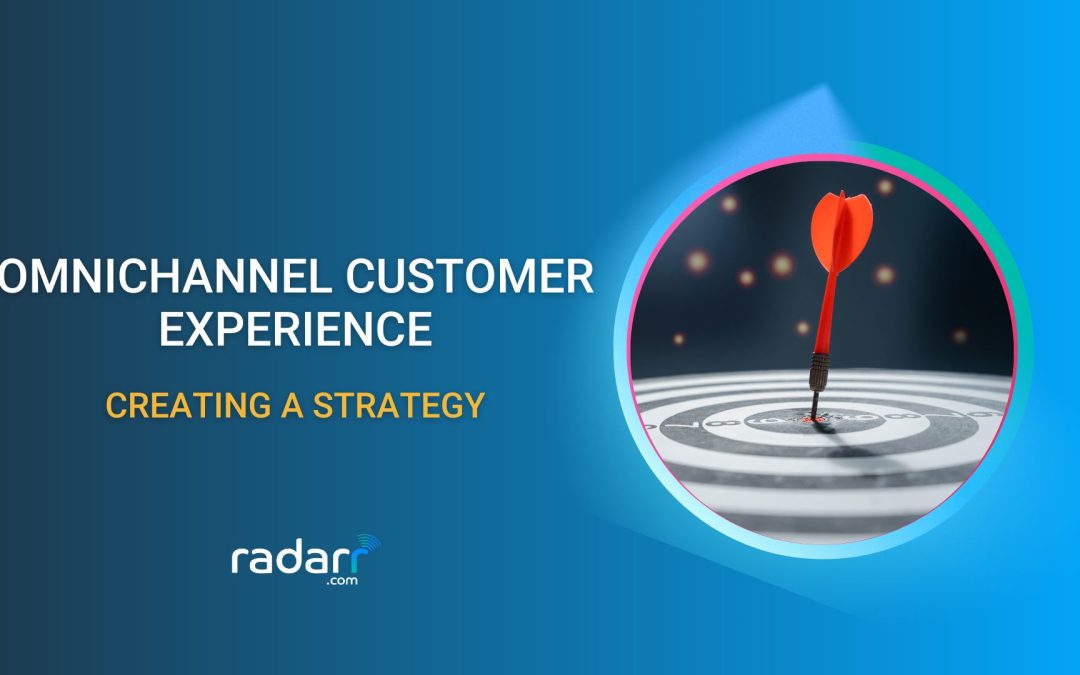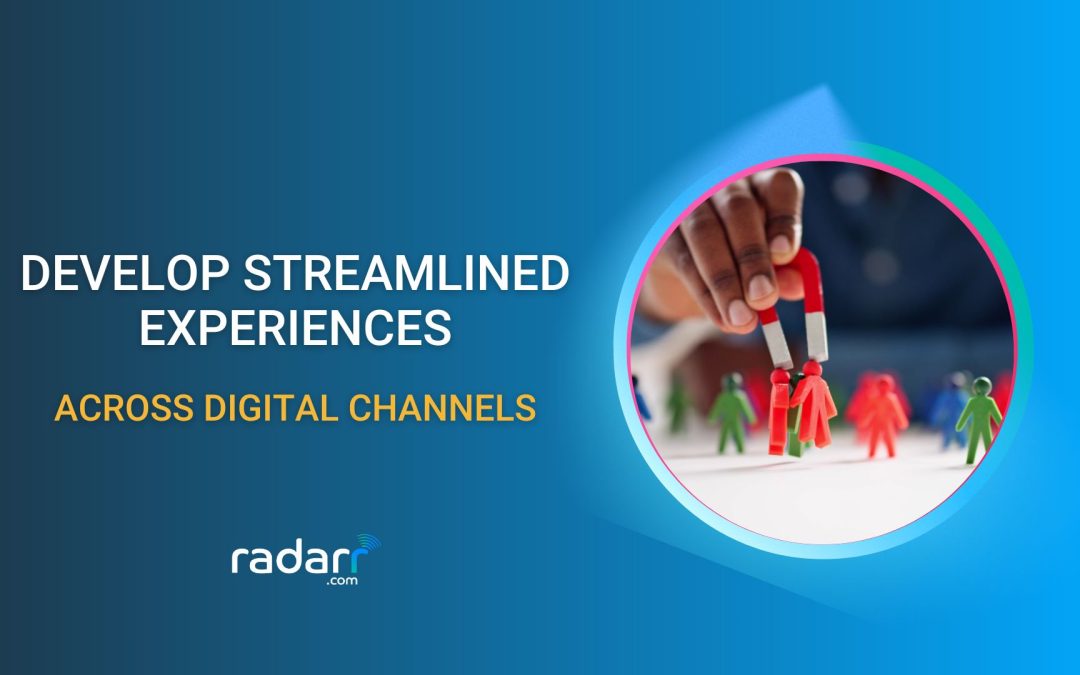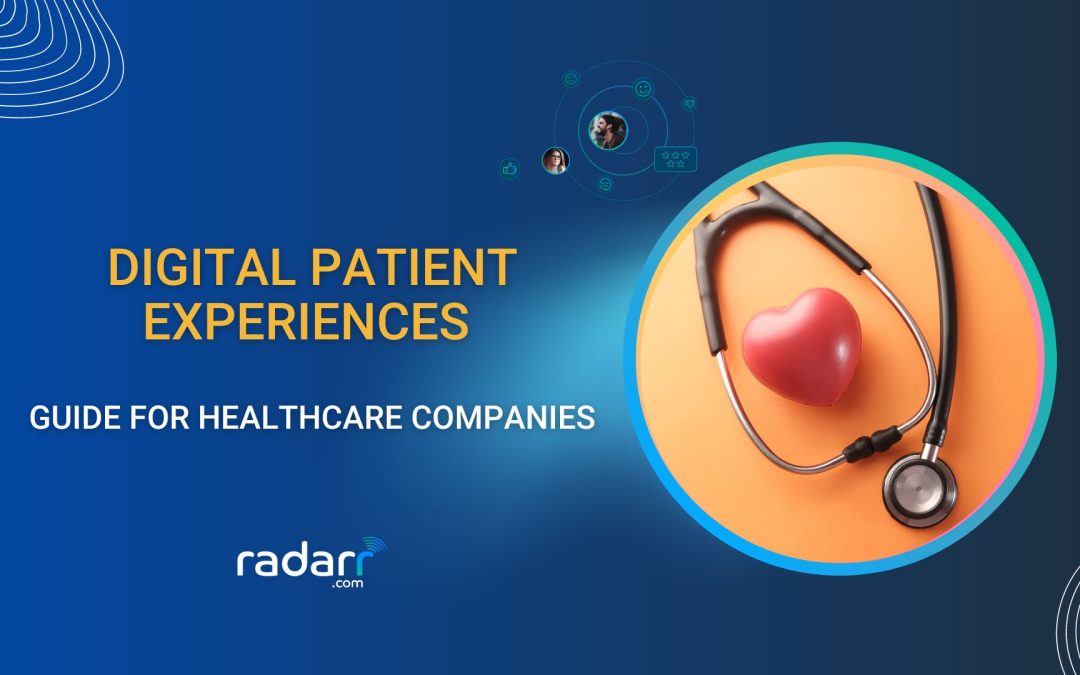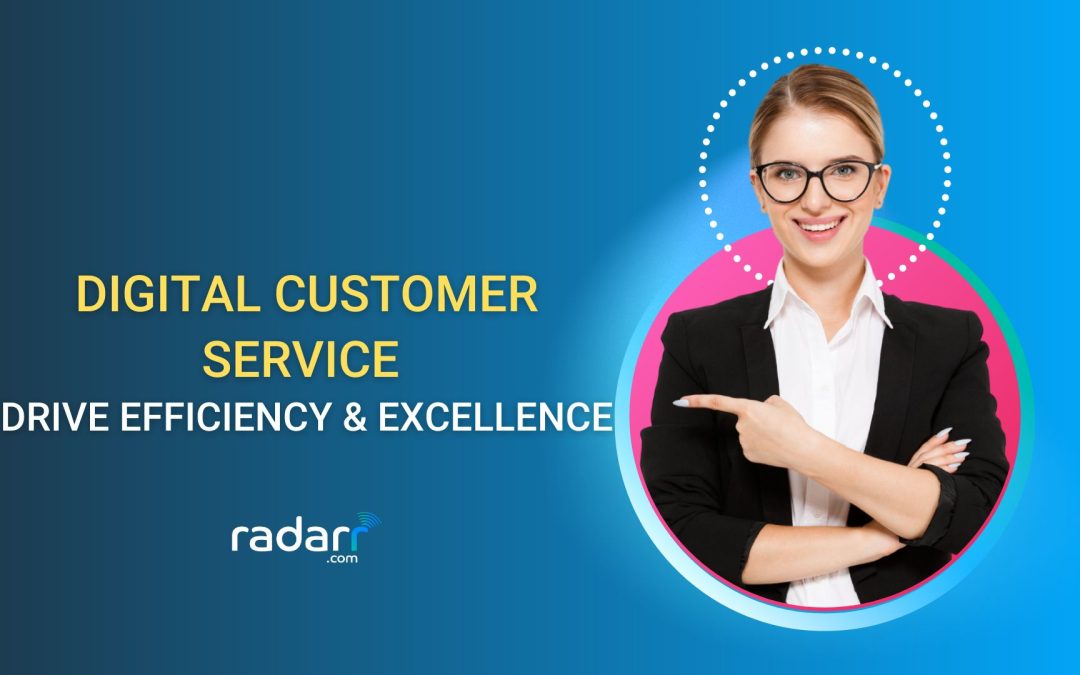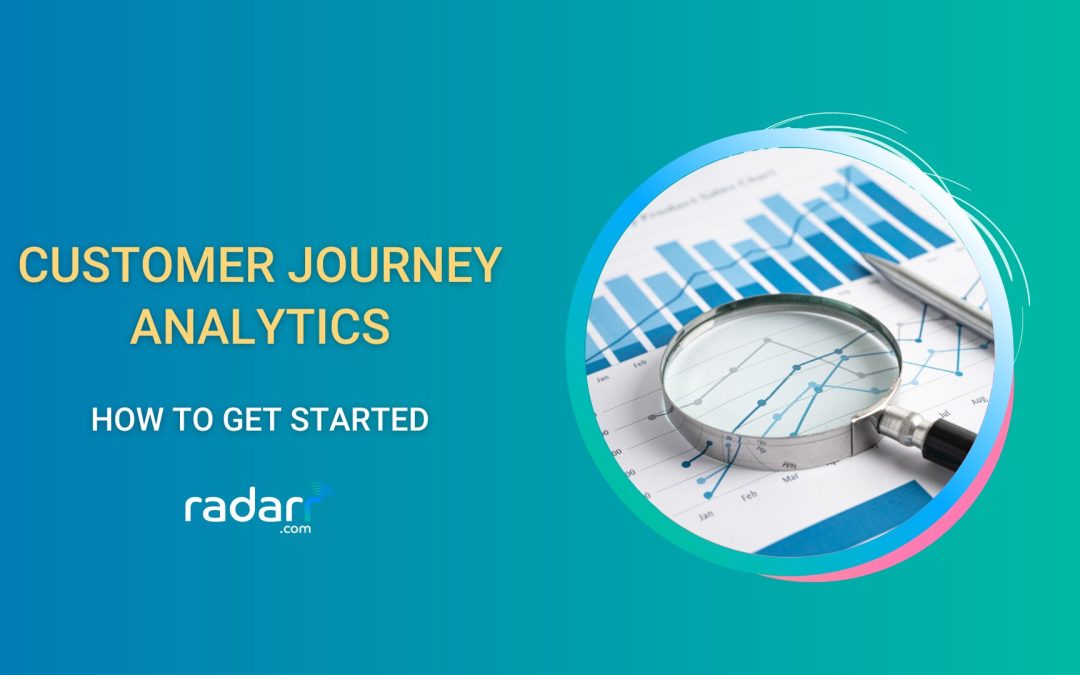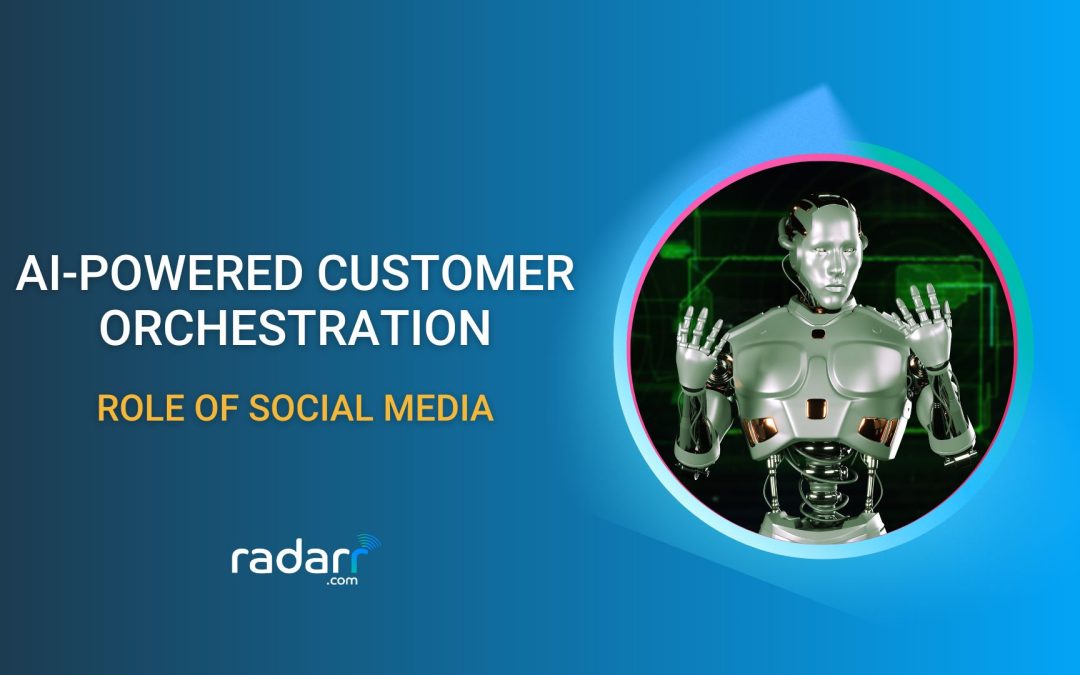From time to time, I like to pick the brain of a community manager or social media marketer and understand how they function and approach the various aspects of social media and content.
Given how vast and diverse social media is, there are literally hundreds and thousands of opinions around community management and social floating around there, and it’s important to identify the right people in order to get the right advice. My quest last week led me to Kristy Hughes, who encapsulates the very essence of what a community manager should aspire to be.

The Community Management Superstar – Kristy Hughes.
A little bit about her, Kristy Hughes was recently appointed as the sole Community Manager at Saatchi & Saatchi in Sydney. Lured from her role in Search & Media last year, she works across a range of clients tailoring a social content presence that best meets their needs as a business.
With a background in SEO (that predates the Link Building days), Blogger Outreach, and Copywriting, she places a great deal of emphasis on data-driven insights, building relationships with clients/communities and bespoke tonality for brands on social.
Her role encompasses everything from detailed campaign reporting and content creation to community management, crisis escalation as well as social campaign consulting.
In short – a well rounded digital and social marketer, which is why I harassed her with 400 e-mails last week.
My intention when speaking with her was to understand what she felt about community management and social, but what she gave me can well be used as the guide to success for a community manager. Read every word!
Your primary strengths lie in understanding a brand’s style, and then converting that style into an online presence by providing tone, structure and a framework. In essence, bringing a brand to life on social media. How do you go about this process?
I ask really open ended questions and do A LOT of listening. It is super important to hear what your client has to say, as one size doesn\’t fit all. You don\’t always need to reinvent the wheel, but they\’re also expecting to see change- so keep this in mind. Some brands use their social presence as a customer service platform, others customer retention tool and most, simply a content amplifier. Unlike other traditional channels, Social has, in a way been \’forced\’ onto brands. It was not born out of a business need- therefore it is important early on to establish what that need might be and assess the best way a social plan can deliver to this.
Given that you\’ve worked with a number of brands, what’s one thing that they just don’t seem to understand from a community management and social media perspective that you need to focus on time and time again?
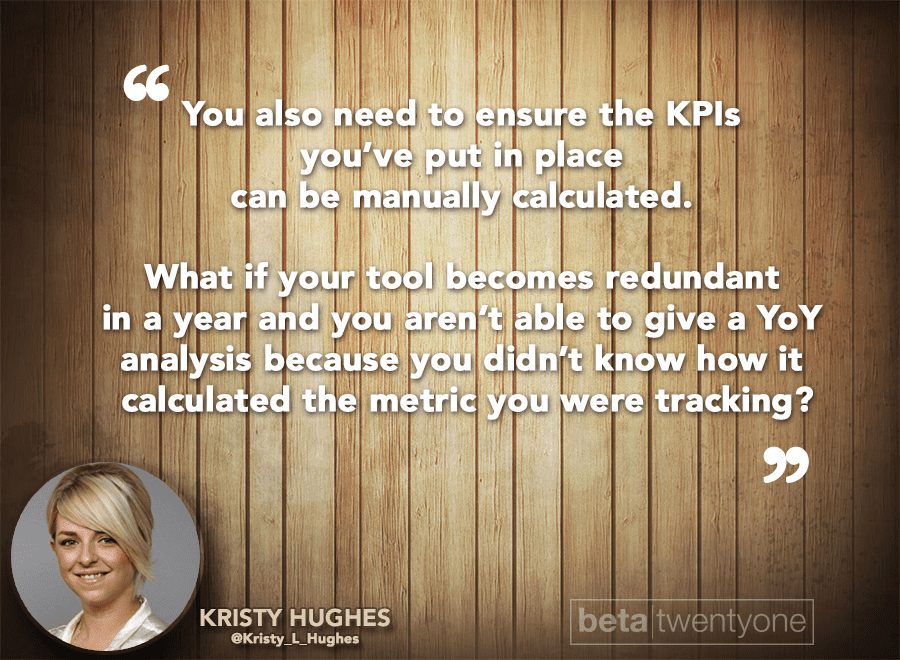
Quotable! Keep this in mind, peeps!
Are brands still very Facebook focused? Do you try and sway them into spreading out their presence on other networks? If so, which ones do you generally recommend?
Not every brand needs every channel, and if they\’re unable to create tailored content for each platform, or engage with the community on a consistent basis- it does far more harm than good. I am a big believer that each of the channels have their own strengths and unique audiences, however I am also a realist when it comes to the bottom line. Spending the same amount of time creating content to go to a Pinterest following of 500 people as you would a Facebook content plan for 300,000 doesn\’t make a whole lot of business sense. Keep it focused and do it well.
For someone who is just starting out at managing a brand\’s presence on social media, what three pieces of advice would you give them?
2. Establish a \’way of working\’ that clearly defines roles and responsibilities. Who is posting? Who is moderating?Who is in charge of approvals (if required)? What hours are you expected to be on-page? Who are the important points of contact in a crisis? Having all of this in place ensures you get off of the right foot and maintain a harmonious relationship with your client, because once it goes sour, it is very hard to recover.
3. Let your reporting inform your content creation. Assess your metrics closely and get to know your community. I have markers for gauging how my content is performing that I adjust based on each community. They\’re all incredibly different, what works really well for one brand may fall flat with another. There\’s no sure fire formula so without analysing your data- you won\’t know what\’s working and what is letting you down.
And another one for your Pinterest boards!
Are there any particular tools that you use for reporting statistics and data around social media? Which tools do you use, and why do you prefer these over others?
There are bits and pieces I\’ve really liked about the functionalities from each of these but I am yet to find one that \’does it all\’. You also need to ensure the KPIs you\’ve put in place can be manually calculated. What if your tool becomes redundant in a year and you aren\’t able to give a YoY analysis because you didn’t know how it calculated the metric you were tracking? Be smart with your data and always know what you\’re looking at. It also really depends on what the client wants to report on, and this can change campaign to campaign.
What do they need to show to their bosses? And why? I have created Community Health Reports to both inform my content, as well as deliver to the client\’s KPIs, check in on competitors and highlight opportunities in the future. Make your reports work for you and don\’t overcomplicate them. It\’s the insights that are important, not the sexy graphs (although I do like those too!)
How important is it for a community manager dabbling in social media to understand the technicalities of SEO?
If you can\’t explain why something \’worked\’ clearly to your clients and be able to provide them with some context, why would they invest more in what you\’re working on?
She’s full of quotes, this one.
If there’s one mindset around community management that you’d like to change world over, what would it be?
The last thing a brand needs is an inexperienced CM telling a consumer to \’just check the website\’ when they come with a legitimate query, or writing an ill informed response in a potential crisis situation that ends up in the press.
I figured if I asked Kristy any more questions she\’d never speak to me again, so I decided that those questions gave a pretty good idea of the State of Community Management as of now, and serves as a brilliant guide for aspiring community managers trying to find their feet.
In closing, here are my key takeaways:
- Listen to your clients. Do a lot of listening. Did I mention you should listen? LISTEN DAMMIT.
- Social Media is no longer a free amplification tool, and you should come to terms with that.
- Not every brand needs every channel. Each channel has its own strength.
- Work directly with your clients as much as possible, but establish a proper working process.
- Doing manual reporting might not be everyone\’s game, but it\’s important to dive into the raw data to understand what\’s going on behind the tools you use for reporting.
- Community Management is not a job for the \”junior\”. Brands need to be represented by experts online.
When she’s not being an amazing community manager for her clients, Kristy manages to find time to be a mentor at Propellher, as well as contribute to Blogger Connect. You can find her and stalk her on Twitter, and if you’d like to throw any questions her way – feel free to ask away in the comments section.
Book your Radarr demo today!

